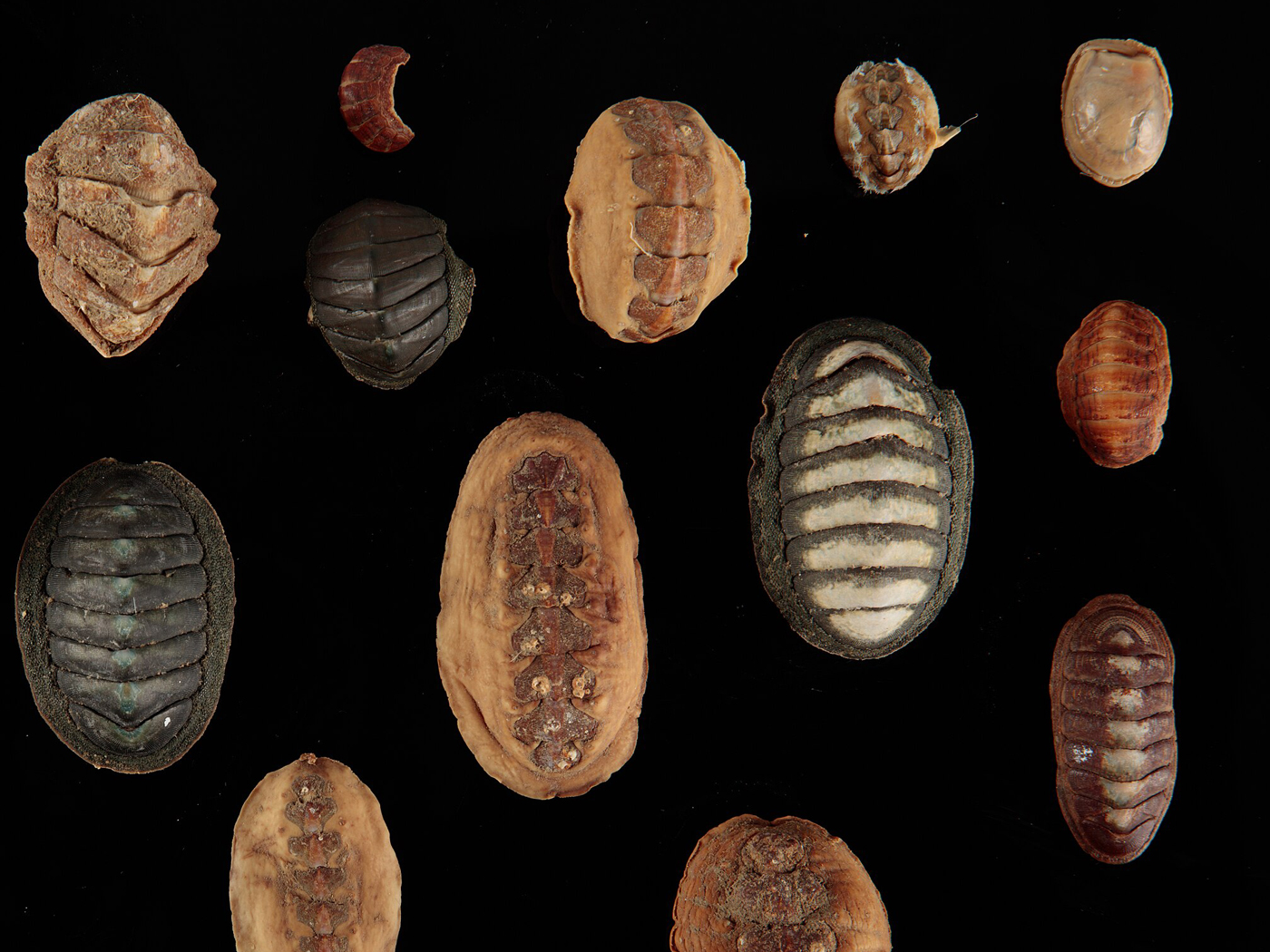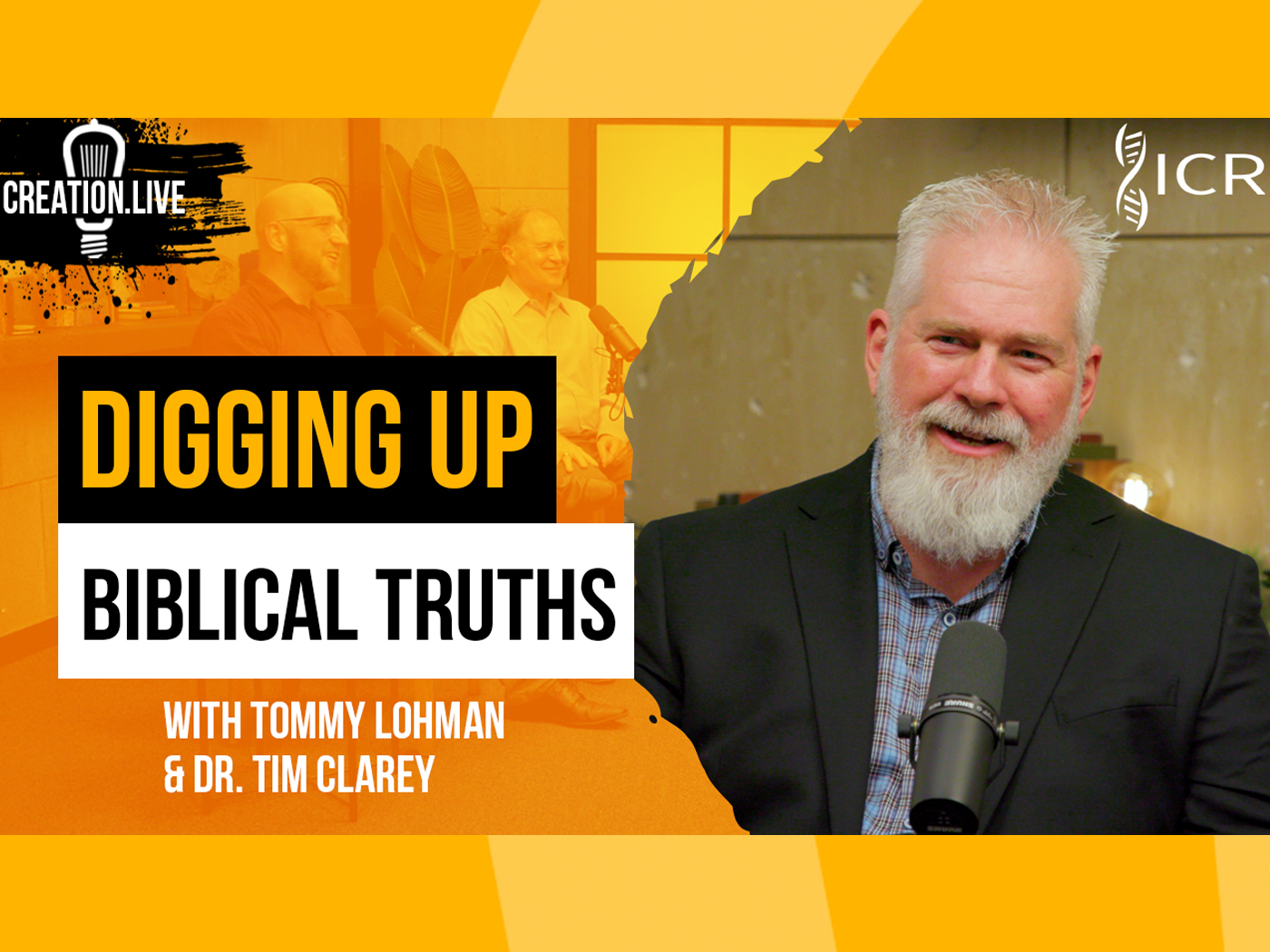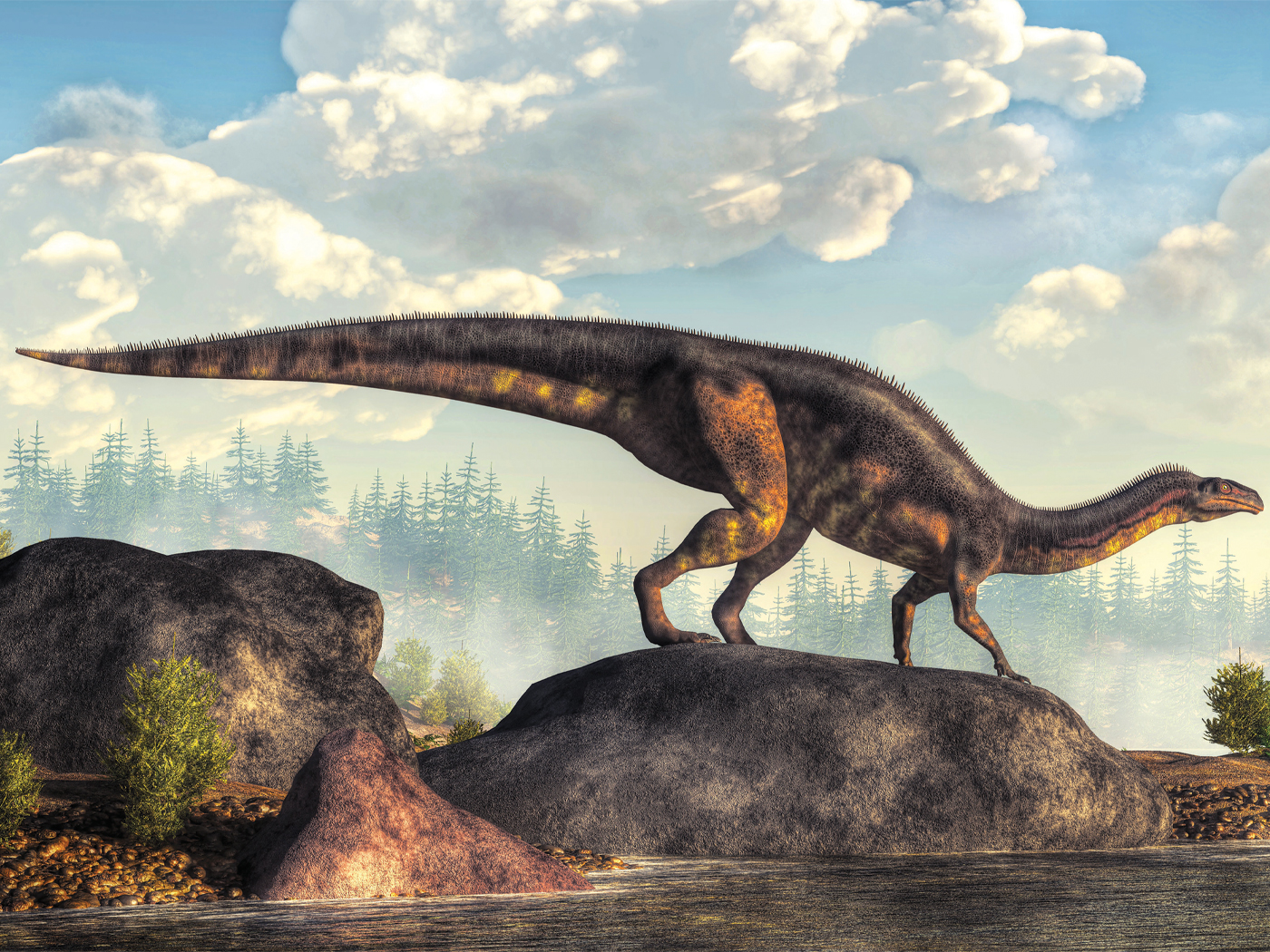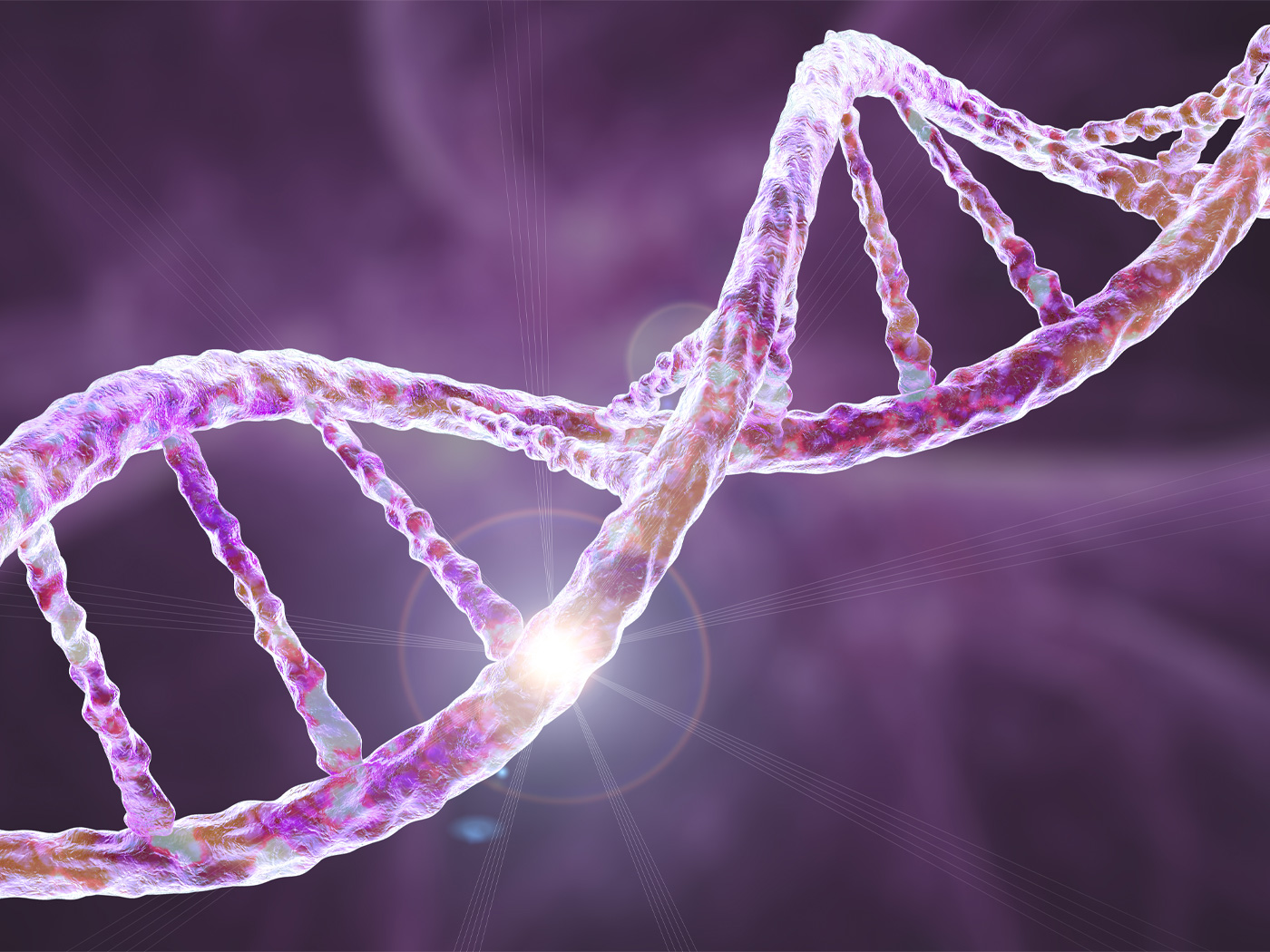Living things develop partly according to genetic instructions encoded on their DNA. The study of inheritance has widened the paradigms from genes to genomes, and now recent research has added yet another player to the field. Critical biological information is carried from one generation to the next in systems additional to DNA, called epigenetic factors, say scientists at the Canadian Centre for Addiction and Mental Health (CAMH).
Medical doctor Art Petronis and his team at the CAMH compared methylated DNA patterns (possible epigenetic factors) across the entire genome of 114 twins.1 They found “that epigenetic factors—acting independently from DNA—were more similar in monozygotic [identical] twins than dizygotic [fraternal] twins.”2 Having developed from the same egg, monozygotic twins had more similarities in their patterns.
Not long ago, it was thought that only the gene portions of DNA contained sufficient code to direct the development and operation of mature organisms. The remaining non-gene portions of DNA were thought of as accumulated “junk” left over from eons of evolution. This was definitively demonstrated to be false in the summer of 2007, when bioinformaticians discovered that almost all the DNA is used, if not for coding traits, then perhaps for regulating cell processes.3 Now, not only does it seem probable that the entirety of DNA contains useful information, but epigenetic factors are additional informational structures necessary to access, interpret, and process that genetic information.
Each layer of integrated information within cells strengthens the case for the intelligent creation of these living systems and against the natural development of them. One of the reasons that long-time atheist Antony Flew became a theist was the presence of “genetic instructions [that] are not the kind of information you find in thermodynamics; rather, they constitute semantic information. In other words, they constitute meaning.”4
So, where did all this information come from? The origin of each newly discovered, meaning-rich information scheme, such as these epigenetic factors in twins, must be explained. If the biological information in genes alone is inexplicable by natural forces like evolution, then the additional information in non-gene DNA and in epigenetic factors is even less so. The biblical concept of an all-wise Creator is a vastly superior explanation for its origin.
References
- Kaminsky, Z. A. et al. 2009. DNA methylation profiles in monozygotic and dizygotic twins. Nature Genetics. 41 (2): 240-245. Advance online publication January 18, 2009, accessed January 20, 2009.
- Rethinking the Genetic Theory of Inheritance. Centre for Addiction and Mental Health news release, January 19, 2008.
- The ENCODE Project Consortium. 2007. Identification and analysis of functional elements in 1% of the human genome by the ENCODE pilot project. Nature. 447: 799-816.
- Flew, A. and R. A. Varghese. 2007. There Is a God: How the World’s Most Notorious Atheist Changed His Mind. New York, NY: Harper Collins, 129. Professor Flew called himself a Deist, referring to “my 'conversion' to deism” (p. 1, ref. 5). Deism differs from theism in that the deistic God, though responsible for creation, is no longer able to interact in space and time (i.e., he cannot perform miracles). However, “the God of the monotheistic religions has the same attributes as the God of Aristotle,” whose existence Flew now recognized (p. 92, ref. 5). Flew elsewhere implicity admitted to perhaps a weak form of theism by recognizing that “the question of whether the Divine has revealed itself in human history remains a valid topic of discussion. You cannot limit the possibilities of omnipotence” (p. 157, ref 5). Being unable to perform miracles is to exactly be not omnipotent. Only a theistic God is omnipotent, as Flew’s conception of God seemed to hold. Thus, though definitely at least a Deist, Flew leaned heavily to theism. It is likely that he refrained from identifying himself with theism not because His God isn’t theistic, but because he had not yet declared allegiance to any of the three theistic religions.
* Mr. Thomas is Science Writer.
Article posted on January 30, 2009.




















